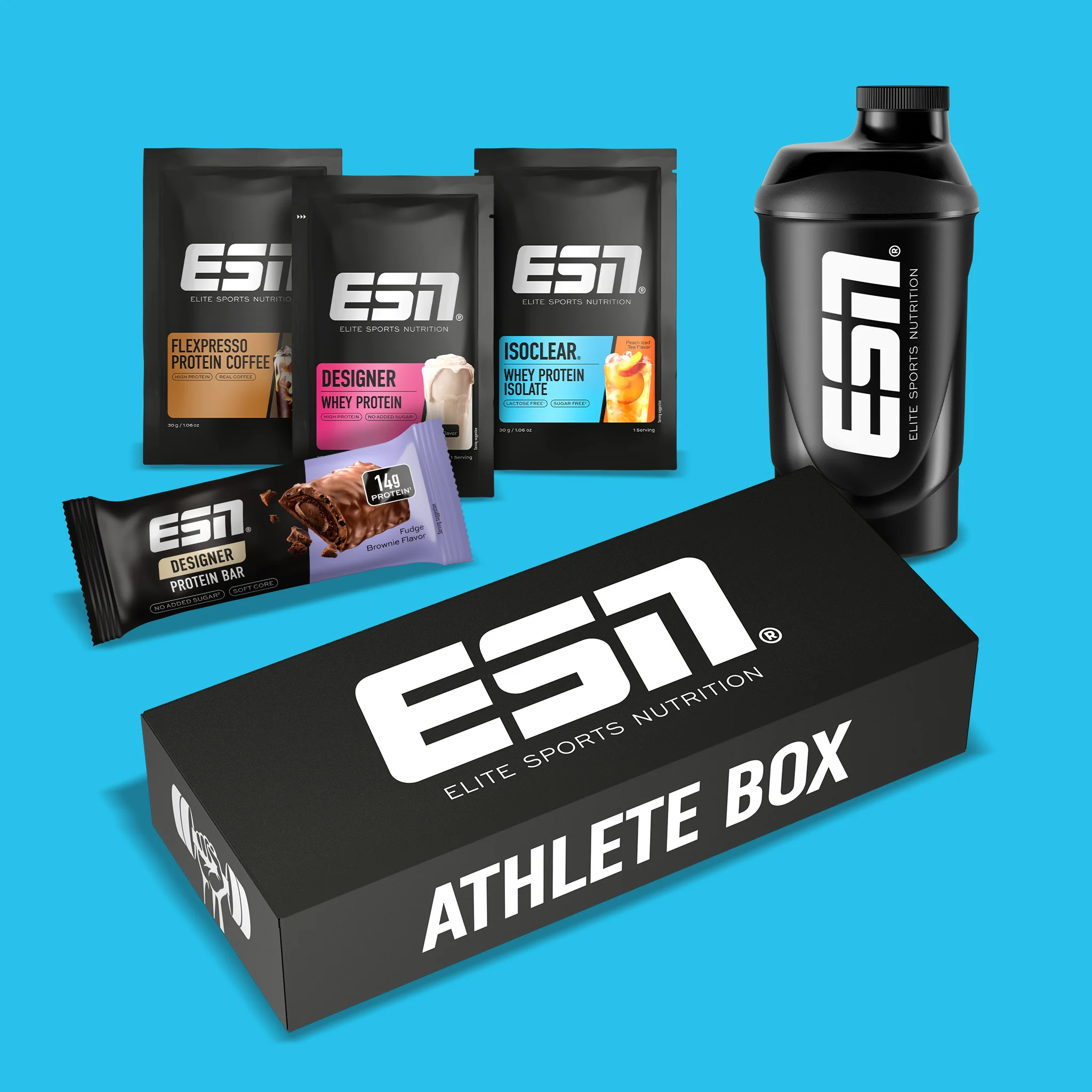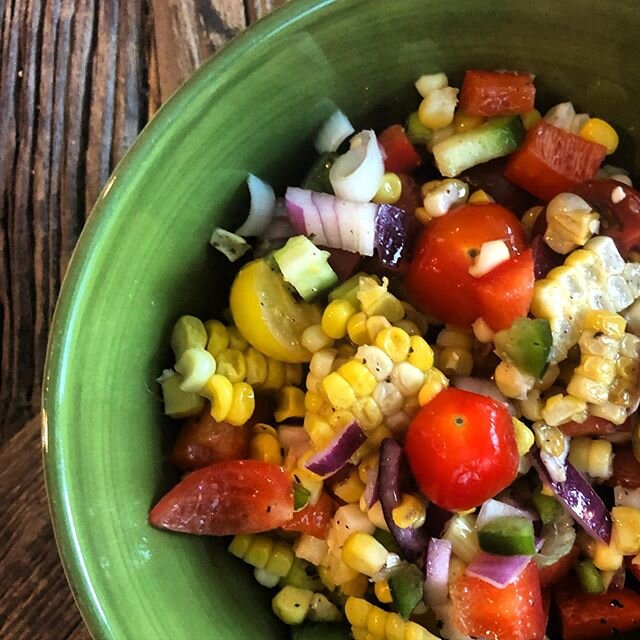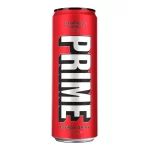Exploring the Field of Sports Nutrition
The field of sports nutrition offers a dynamic career path full of exciting challenges and opportunities. Here, professionals focus on helping athletes and active individuals optimize their performance and health through diet and nutrition. Understanding the scope of sports nutrition jobs is the first step in charting your future in this specialized area.
A career in sports nutrition can involve work in various settings, including high-performance sports teams, fitness centers, clinics, and research institutions. Sports nutritionists play a crucial role in developing dietary plans that enhance athletic performance, promote recovery, and prevent injuries. They need to stay abreast of the latest scientific research and dietary trends to provide the best advice possible.
Interest in sports nutrition has grown significantly in recent years. This surge in interest has expanded the job market, creating diverse roles such as nutrition coaches, performance nutritionists, and sports dietitians. These jobs require a unique combination of passion for sports, a deep understanding of human physiology, and the ability to translate complex nutritional science into practical dietary advice.
As you explore sports nutrition as a career, consider the specialties within the field. These may include working with specific types of athletes, such as endurance or strength athletes, focusing on particular sports, or becoming an expert in certain nutritional supplements. The diversity within sports nutrition jobs ensures that you can find a niche that aligns closely with your interests and expertise.
The journey towards a fulfilling career in sports nutrition starts with exploration. Attend seminars, reach out to experts in the field, and immerse yourself in the specific needs of athletes and active populations. The more you learn about the possibilities within sports nutrition, the clearer your path to your dream job will become.

Necessary Education and Certifications
To pursue a career in sports nutrition, you need proper education and certifications. Start with a bachelor’s degree in nutrition, dietetics, or a related field. These programs cover essential topics like biochemistry, physiology, and food science. Look for courses that focus on sports nutrition to gain specialized knowledge.
After your degree, consider getting certified. In the U.S., becoming a Registered Dietitian Nutritionist (RDN) involves completing a dietetic internship and passing a national exam. Other countries have similar certifications. Seek credentials from reputable organizations like the Board for Certification of Nutrition Specialists (CNS) or the International Society of Sports Nutrition (ISSN).
Continuing education is key in sports nutrition jobs. Stay updated with the latest research and trends through workshops, seminars, and advanced degrees. A master’s or doctoral degree can set you apart and open opportunities for more advanced positions.
Sports nutrition certifications are valuable too. They show commitment and expertise. The Certified Specialist in Sports Dietetics (CSSD) is a great example for those with an RDN looking to specialize further.
Remember, the right education and certifications prepare you for the challenges of sports nutrition jobs. They are your ticket to a dream career in this exciting field.
Key Skills for Success in Sports Nutrition
To excel in sports nutrition jobs, certain skills are essential. Here are the key skills that will help you succeed in this field:
- Strong Knowledge Base: Comprehensive understanding of nutrition and how it affects athletic performance is crucial. Continue to learn and stay updated on new studies.
- Communication Skills: Clear communication is vital. You must explain complex nutrition information in a simple and accessible way to athletes and clients.
- Analytical Thinking: Assess and tailor nutrition plans to individual athletes. Take into account their unique dietary needs and goals.
- Problem-Solving Abilities: Handle dietary challenges and find creative solutions that comply with an athlete’s lifestyle and restrictions.
- Attention to Detail: Be precise when creating nutrition plans. Accuracy ensures that athletes receive the right nutrients in the right amounts.
- Organization Skills: Stay organized to manage multiple dietary plans and schedules without errors.
- Adaptability: Be prepared to adjust plans as an athlete’s needs change due to training intensity, recovery status, or other factors.
- Interpersonal Skills: Build trust and rapport with athletes. Strong relationships can influence the success of nutrition interventions.
- Passion for Sports and Nutrition: Genuine interest in sports and nutrition will keep you motivated and eager to contribute to your field.
With these skills, establishing a successful career in sports nutrition becomes more attainable. Cultivate these abilities through education, practice, and experience to thrive in sports nutrition jobs.

Finding Job Opportunities in Sports Nutrition
Securing a job in sports nutrition demands proactive job searching and awareness of where opportunities lie. Begin by identifying organizations and facilities where sports nutritionists are often needed. These include universities with athletic programs, professional sports teams, private practices, and healthcare institutions.
Join online job boards specific to sports nutrition roles. Websites like the Academy of Nutrition and Dietetics’ EatRight Careers, and ExerciseJobs.com offer listings for sports nutrition jobs. Subscribing to these sites can bring alerts for new openings directly to your inbox.
Attend industry conferences and workshops, which can be rich grounds for job openings and networking opportunities. Vendors and exhibitors often welcome inquiries about job positions. Plus, you can learn about the latest trends in sports nutrition.
Leverage social media platforms like LinkedIn. Create a professional profile that highlights your expertise and qualifications in sports nutrition. Connect with other professionals and follow organizations to receive updates on job announcements.
Internships can also transition into job offers. Pave your path by excelling in intern positions and showcasing your commitment and skill. A strong performance can catch the attention of employers.
Lastly, don’t overlook the value of word-of-mouth. Let your professional contacts know you are on the job hunt. Recommendations often lead to interviews. Keep your CV updated and ready to share.
Persistence is key in landing sports nutrition jobs. Cast a wide net, stay informed, and maintain an active presence in the sports nutrition community for the best chance of success.
Building a Professional Network
To secure sports nutrition jobs, building a strong professional network is crucial. Here’s how to start:
- Engage with Professional Organizations: Join groups like the Academy of Nutrition and Dietetics or Sports, Cardiovascular, and Wellness Nutrition (SCAN). Attend their events and get involved.
- Use Social Media: Follow industry leaders on platforms like Twitter and Instagram. Share your insights and engage in discussions to get noticed.
- Attend Conferences: Conferences are excellent for meeting peers and experts. They can introduce you to new opportunities in sports nutrition.
- Volunteer: Offer your skills to events or organizations related to sports nutrition. This shows commitment and can lead to connections.
- Alumni Networks: Tap into your college or university’s alumni network. Alumni often share job openings and provide referrals.
- Local Gyms and Clubs: Network with personnel in fitness centers. They might know of sports nutrition jobs or need your services.
- Online Forums: Participate in discussions on platforms like Reddit or specialized nutrition forums. You can share knowledge and meet others in your field.
- Connect with Faculty: Maintain relationships with your professors and advisors. They can provide guidance and job leads.
Building a professional network takes time and effort. Be patient, stay active, and show genuine interest in others. Your network can become your most valuable asset in finding sports nutrition jobs.

Preparing for the Sports Nutritionist Interview
With your education, certifications, and network in place, the next step is acing the sports nutritionist interview. Here’s how you can prepare:
- Research the Employer: Know the organization’s mission, values, and clientele. Being informed shows your genuine interest in the sports nutrition job.
- Review Job Description: Understand the specific responsibilities and skills required. Tailor your responses to show how your qualifications align with the job’s needs.
- Prepare Your Success Stories: Have examples ready of how you’ve positively impacted athletic performance with your nutrition plans. Share your victories as stories.
- Update Your Resume: Ensure your resume is current and reflects all relevant experiences and skills in sports nutrition jobs. Highlight key achievements.
- Practice Common Interview Questions: Anticipate questions related to sports nutrition and practice your answers. Stay concise, honest, and professional.
- Dress Appropriately: Choose an outfit that matches the workplace culture while maintaining a professional look. First impressions matter.
- Bring Necessary Documents: Have copies of your resume, a list of references, and any work samples available. Organize them neatly in a folder.
- Follow-up After Interview: Send a thank-you note to express gratitude for the opportunity. It demonstrates your professionalism and desire for the sports nutrition job.
Remember, the interview is your moment to shine and prove why you’re the best candidate for the sports nutrition job. Confidence, preparation, and showcasing your enthusiasm for sports and nutrition will set you apart. Good luck!
The Role of Internships and Volunteer Work
Gaining practical experience through internships can be pivotal for anyone pursuing sports nutrition jobs. Internships provide hands-on skills and insights into the day-to-day operations within the field. They can teach you how sports nutrition theory applies in real-world scenarios. Volunteer work, on the other hand, offers a chance to show your dedication and to build a reputation within the sports nutrition community. Let’s delve deeper into how these two avenues can boost your career prospects.
- Gain Real-World Experience: Internships let you apply classroom knowledge in real-world settings, a critical step for practical learning.
- Build Professional Relationships: Use internship and volunteer opportunities to meet mentors and make connections that could lead to sports nutrition jobs.
- Demonstrate Your Commitment: Showing your willingness to work for free initially tells potential employers you are serious about your career in sports nutrition.
- Develop a Specialty: Volunteering at events or with groups dealing with specific sports can help you hone a niche expertise.
- Enhance Your Resume: Both internships and volunteering add valuable experiences to your resume, setting you apart from the competition.
- Possibility of Job Offers: A successful internship can often turn into a job offer if you prove your value to the employer.
- Get Feedback: These experiences allow you to receive feedback and improve your skills in a practical setting.
- Understand the Field: Interning and volunteering help you grasp the nuances of sports nutrition and what it takes to succeed in this career path.
Remember, internships and volunteer work are more than just resume builders—they’re stepping stones towards your dream job in sports nutrition. They are investments in your future, providing both skills and networking opportunities essential for success in sports nutrition jobs.

The journey in sports nutrition is an ever-evolving one, with new research, trends, and job roles emerging regularly. To navigate the future of careers in sports nutrition, it’s important to stay informed, adaptable, and proactive. Here are actionable steps you can take to keep ahead in this dynamic field:
- Stay Informed: Keep up with the latest research in sports nutrition and related fields. Regularly read journals and articles.
- Continue Learning: Consider furthering your education with advanced degrees or specialized courses in sports nutrition.
- Embrace Technology: Utilize new technology and software that can aid in diet planning and tracking athlete progress.
- Expand Your Horizons: Be open to roles in new and emerging markets, such as esports or personalized nutrition services.
- Stay Versatile: Develop skills in areas complementary to sports nutrition, like fitness training or psychology.
- Promote Yourself: Use online platforms to share your success stories and insights into sports nutrition.
- Be Proactive: Seek out new opportunities for internships, collaboration, or research projects within the sports nutrition industry.
- Adopt Sustainable Practices: Understand the importance of sustainability in sports nutrition and advise athletes accordingly.
- Network Continuously: Keep building your professional network, because it can open doors to opportunities not yet advertised.
The landscape of sports nutrition jobs will continue to grow and reshape itself. By following these steps, you’ll not only be prepared for changes but may also influence the future direction of the field. Your adaptability, ongoing education, and proactive attitude toward career development will prove critical in landing and excelling in sports nutrition jobs.


